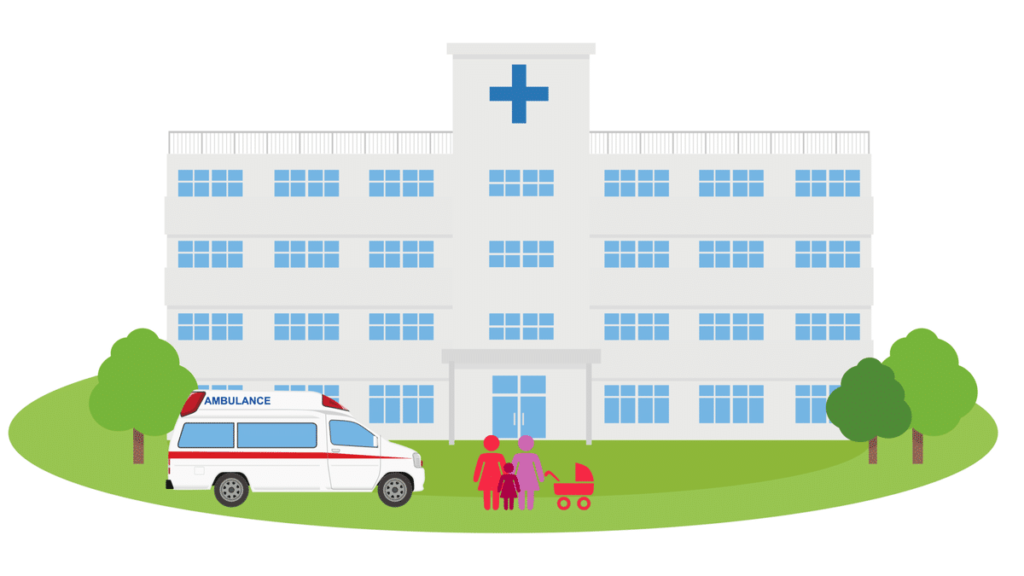[ad_1]
A lesbian couple in Tokyo expecting their first child were recently refused assistance by two different hospitals because of their sexual orientation. A recent in-depth report by Yasuda Satoko of HuffPost Japan detailed their story.
Much social progress, slow legislative change
Japan has seen a growth in acceptance of LGBTQ people and piecemeal advances in legal protections over the past several years. We recently detailed the debate over the Bill to Advance Understanding of LGBT people (LGBT理解増進法案). Prime Minister Kishida Fumio backs this bill, which aims to promote “understanding.” Its critics charge it doesn’t go far enough in codifying legal protections at the national level.
Anti-discrimination protections, transgender recognition, and marriage equality are all places where Japan lags. Indeed, Japan remains the only G7 country without national legal protections for LGBTQ people.
Meanwhile, local and national jurisdictions continue to implement their own layers of protection. Recently, a new wave of politicians both in the LDP and in opposition parties have successfully campaigned on commitment to advancing protections for LGBTQ people. Clearly, change is coming.
But these positive changes don’t stop continuing, everyday cases of discrimination. This is a sad fact that one lesbian couple in Tokyo, arguably the best place to be queer in Japan, found out as they planned for the birth of their child.
A bureaucratic, homophobic hell

The couple– whom Yasuda refers to by the pseudonyms of Kaoru and Chiaki– used an overseas sperm bank, with Kaoru finally having become pregnant in 2022. Kaoru reached out to the maternity ward of her nearby university hospital– within Tokyo metropolis– early in her pregnancy, in November of 2022. There seemed to be no issue at first.
When the couple mentioned they’d used a sperm donor and the hospital staff learned that they were a lesbian couple, their troubles began. The hospital balked, citing risk of lawsuit by the unknown father in the event of an abortion.
Kaoru and Chiaki had used a donor whose identity they would learn when their child reached a certain age. They maintained that there was no risk of lawsuit.
The doctor referred the matter to the hospital’s ethics committee. This committee took a long time in reaching a decision, and asked for a certificate from the sperm bank. It also raised other issues like potential trouble with the family register.
Amidst this, Kaoru continued to receive checkups as her pregnancy progressed. Eventually, faced with this stonewalling, she opted to request a transfer to another hospital.
Excuses before relief
Kaoru and Chiaki transferred to a different, private hospital nearby. Things seemed to go well at first, until its director said, “I’m not denying that same sex couples ought to freely love or get married, but I wonder if it’s all right for them to have children.”
“It’s difficult to make a birth registration for a couple who are not in a legal arrangement,” the hospital also told them. Kaoru offered to be listed as unmarried. The director told her, “I don’t want to get into an argument here, go ask elsewhere.”
Only much later in her pregnancy, almost near the end, was Kaoru able to find a hospital that would accept her ahead of her due date without making the same kind of trouble.
Need for clearer laws

Eventually, the first hospital gave the reason for its refusal. It stated “there is no law that governs pregnancies from third-party sperm donors, and academics have not had a debate over sperm banks.”
The Ministry of Health, Labor, and Welfare first recommended legislation in 2000. The Law on Assisted Reproductive Technologies (生殖補助医療法), which attempted to address this, only became law in 2020.
Unsurprisingly, given the state of LGBTQ rights in Japan, the law does not explicitly protect the rights of same-sex parents. Clearly, work remains both in queer acceptance and in refining and updating Japanese law pertaining to artificial insemination.
One further matter bears noting. In her reporting on Kaoru and Chiaki’s story, Yasuda tried to reach out to both hospitals. Neither of them would talk to her. The first hospital declined her interview, citing patient confidentiality issues. The second, inexplicably, cited Coronavirus.
However, Kimura Tadashi, chairperson of the Japan Association of Obstetrics and Gynecology, did respond to Yasuda’s request for an interview. He said that the government is in a state of indecision, refusing to recognize that there are same-sex couples opting for pregnancy using a sperm donor. As a result, said Kimura, there are people like Kaoru and Chiaki who are facing painful circumstances. “The government should decide quickly on a course of action to solve this problem.”
Conclusion
Kaoru and Chiaki are far from the only LGBTQ couple facing discrimination in Japanese healthcare– or any healthcare anywhere. Queer people worldwide are all too familiar with this sort of discrimination, and efforts at codifying it in law. Perhaps Kaoru and Chiaki’s story will help further bend the arc of history toward justice.
Sources
[ad_2]
Source link


